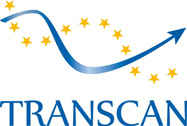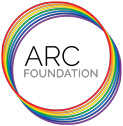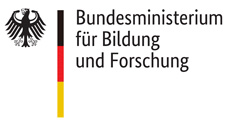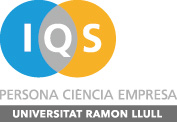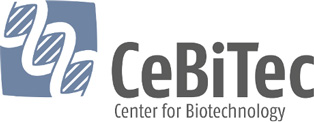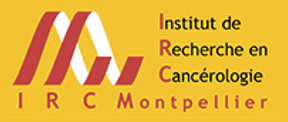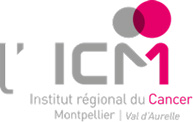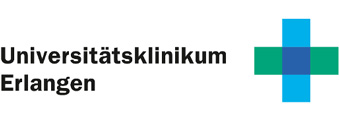Project overview
Although non-small cell lung cancer (NSCLC) treatment shows unprecedented improvement with immune checkpoint inhibitors (ICIs), only a minority of NSCLC patients (25%) demonstrate long-term benefit. We hypothesize that therapeutic mRNA vaccination, coupled with co-targeting of antigen-presenting cell (APC) immunosuppressive functions, will sharply increase the number of patients who could benefit from ICIs.
Following the paradigm shift in vaccine development due to the COVID-19 pandemic, in which mRNA vaccines came to the forefront, we predict that these novel, cost-effective, flexible technologies will revolutionize personalized cancer care. Based on the complementary expertise of the consortium, we aim to obtain proof of concept (PoC) for a novel NSCLC mRNA vaccine, through the evaluation of an innovative mRNA + siRNA combination therapy to modulate APC toward restructure of the tumor microenvironment (TME).
For this, we will use our proprietary polymeric nanoparticles (NPs) to selectively deliver therapeutic nucleic acids to myeloid cells.
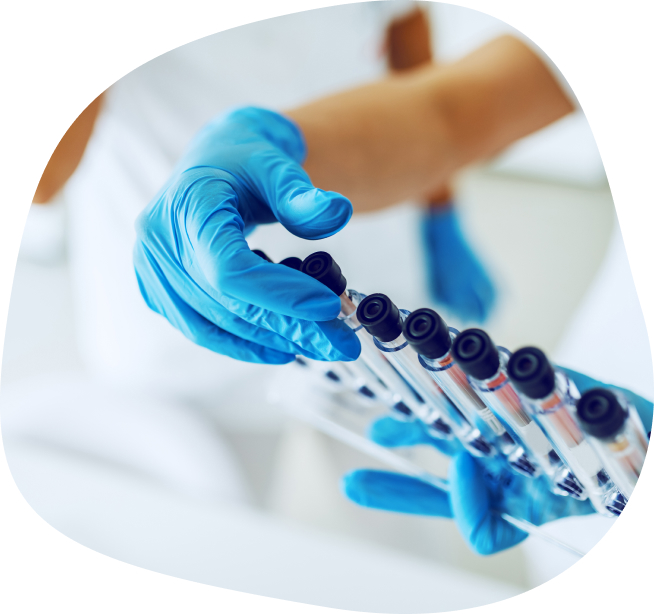
The program will be structured around six work packages (WP)
WP1
mRNA vaccine NPs PoC
WP1 will establish the components of the vaccine, including the design of the tumor antigens, the polymers and the nanoparticles formulation.
WP2
In vitro mono / combined therapies vaccination
In WP2, we will characterize the particles for each monotherapy alone, or combinations of therapeutic siRNA plus mRNA.
WP3
In vivo Immunotherapeutic tools characterization
WP4
In vivo combined therapeutic efficacy
WP4 will evaluate the most effective nanomedicines in mice lung tumor models.
WP5
Nano-immunotherapy personalization
WP6
Tech Transfer
The program will be structured around six work packages (WP)
WP1
mRNA vaccine NPs PoC
WP1 will establish the components of the vaccine, including the design of the tumor antigens, the polymers and the nanoparticles formulation.
WP2
In vitro mono / combined therapies vaccination
In WP2, we will characterize the particles for each monotherapy alone, or combinations of therapeutic siRNA plus mRNA.
WP3
In vivo Immunotherapeutic tools characterization
WP4
In vivo combined therapeutic efficacyWP4 will evaluate the most effective nanomedicines in mice lung tumor models.
WP5
Nano-immunotherapy personalization
WP6
Tech Transfer
By the end of the project, we expect to have designed a novel targeted nano-immunomodulatory therapy that will be a turning point in lung cancer treatment, and which will notably impact patient quality of life and costs to healthcare systems.
The aim of this project is to establish the PoC of a novel, personalized, combined nano-immunotherapy for NSCLC patients, based on polymeric NPs (OM-pBAE) loaded with antigenic mRNAs and immunomodulator siRNAs.
Financed by

